Haemostasis
Our response to injury relies on a delicate balance between procoagulant and anticoagulant factors in blood plasma that allows localised clotting at the site of injury, whilst retaining normal blood fluidity in the circulation.
If this balance is disturbed through either inherited or acquired influences it can lead to excessive blood loss or increased clotting. Inherited influences include coagulation factor VIII deficiency associated with Haemophilia A and Antithrombin deficiency associated with thrombophilia. Coagulation imbalance can also result from acquired auto-immune antibodies to coagulation factors or in the progression of cardiovascular disease/atheroma triggering clotting events associated with myocardial infarction or stroke.
The Haemostasis Section focuses on the diagnosis and treatment of blood coagulation disorders. We work on issues around:
Bleeding disorders and procoagulant therapeutics:
Thrombotic Disorders and related therapeutics:
Fibrinolysis and thrombolytic drugs:
Our role is to support the accurate diagnosis of coagulation disorders and the safety, quality and efficacy of therapeutics. We do this through:
Coagulation factors
and inhibitors
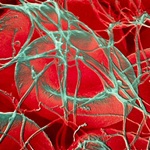
|
Haemophilia A
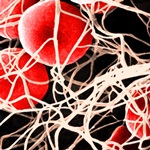
|
Fibrinolysis
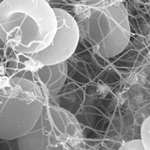
|
Bleeding disorders
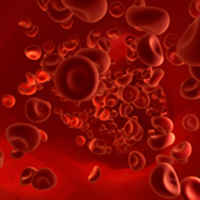
|
Standards
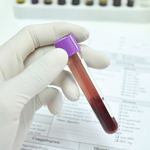
|
Product control
testing

|